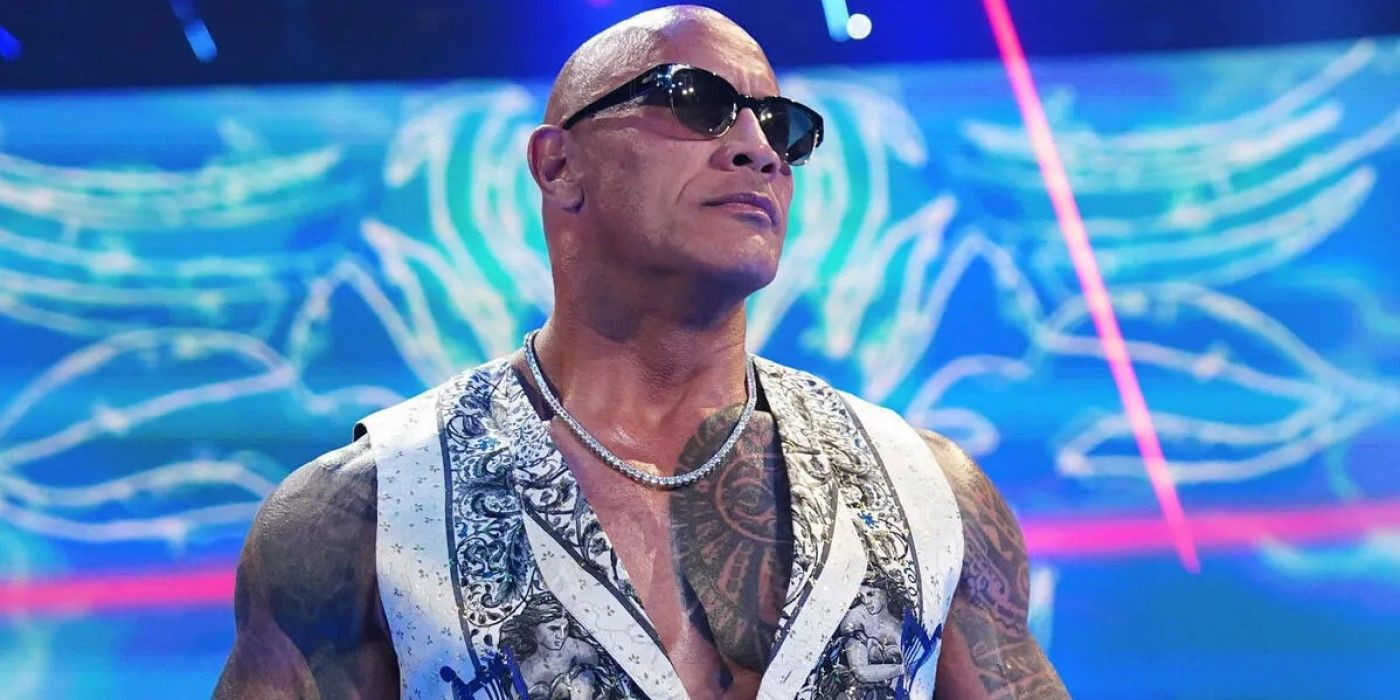Former All Blacks and Crusaders full-back Israel Dagg has expressed his displeasure at the decision which led to South Africa’s departure from Super Rugby. Shortly after rugby union turned professional in 1995, Super Rugby was launched in 1996 and the leading clubs from Australia, New Zealand and South Africa participated in the tournament. The competition was very successful and lasted for more than 20 years with clubs from Argentina and Japan also allowed to participate during that period. However, after the Covid-19 pandemic struck, which curtailed the 2020 Super Rugby tournament, it forced a rethink in New Zealand and Australia, with travel being notably impacted.
New Zealand Rugby decided to breakaway from the competition, establishing the domestic Super Rugby Aotearoa tournament, before they and Australia joined forces to set up Super Rugby Trans-Tasman and then Super Rugby Pacific. That meant teams from South Africa were forced to go their own way and their four leading franchises – the Bulls, Lions, Sharks and Stormers – joined the United Rugby Championship (URC) and have also been allowed to qualify for the European Champions Cup. Meanwhile, a fifth South African franchise, the Cheetahs, who are not currently involved in the URC, are competing in Europe’s second-tier Challenge Cup competition.
By contrast, interest has waned in Super Rugby which is renowned as the southern hemisphere’s leading club tournament and who once led the way in the world game. This is particularly true since the South African sides were forced to leave the competition and Dagg bemoaned that decision. “We are stuck down here in the middle of nowhere aren’t we and we can’t seem to get any resolution between both sides so look it’s bloody sad,” he said on SENZ Radio. “We’ve harped on about the South African exclusion from Super Rugby and what a big downward it’s been. I can’t understand how we’ve done it, we’ve talked about it on the show and read all the conversations online and people are like ‘Well you got rid of us you don’t want us’, I’m just thinking how the hell do we not want South Africa a part of our own system here. It’s been a downward spiral [since they left].”
The Impact of South Africa's Departure
Dagg's comments reflect a broader sentiment within the rugby community that the absence of South Africa has had a negative impact on Super Rugby. The competition has lost some of its luster and excitement without the presence of the strong South African teams. The South African teams, known for their physicality and passion, brought a unique element to the competition that is now missing. Their departure has also left a void in terms of geographical balance, with the majority of teams now concentrated in Australia and New Zealand.
A Loss of Excitement and Intensity
The rivalry between the South African teams and their New Zealand and Australian counterparts was a major draw for fans. The games were always intense and unpredictable, with both sides giving it their all on the field. The absence of these clashes has made the competition feel less exciting and less meaningful.
Financial Implications
The departure of the South African teams has also had a financial impact on Super Rugby. The South African market was a significant source of revenue for the competition. The loss of this market has made it more difficult for Super Rugby to compete with other major sporting competitions around the world.
A Call for Reconciliation
Dagg's comments are a clear call for New Zealand and Australia to reconsider their decision to exclude South Africa from Super Rugby. He believes that the competition would be much stronger and more successful with the inclusion of the South African teams. The question is whether New Zealand and Australia will listen to his pleas and take steps to bring the South African teams back into the fold.
The Future of Super Rugby
The future of Super Rugby is uncertain. The competition is facing challenges from other major sporting competitions, as well as from within. The decision to exclude South Africa has been met with mixed reactions, with some arguing that it was a necessary step to ensure the long-term viability of the competition. However, others, like Dagg, believe that the competition has lost something important with the departure of the South African teams. Only time will tell what the long-term consequences of this decision will be.
The Unfulfilled Promise
The decision to exclude South Africa from Super Rugby was supposed to strengthen the competition, but it has had the opposite effect. It has left a void in the competition that is unlikely to be filled by other teams. The loss of the South African teams has also sent a message that the competition is not as inclusive as it could be. This is a message that will not be easy to undo.
The Need for a Solution
The future of Super Rugby depends on finding a solution to the current impasse. The competition cannot afford to lose any more teams or any more of its supporters. The decision to exclude South Africa was a mistake, and it is time for New Zealand and Australia to admit that mistake and find a way to bring the South African teams back into the fold. Only then can Super Rugby truly thrive again.

















